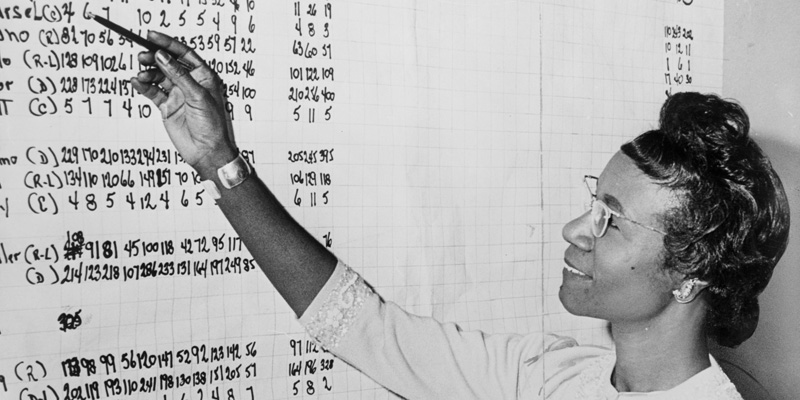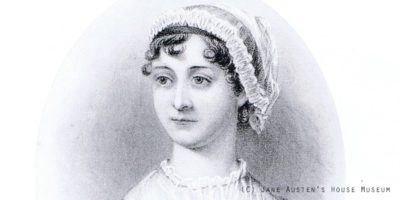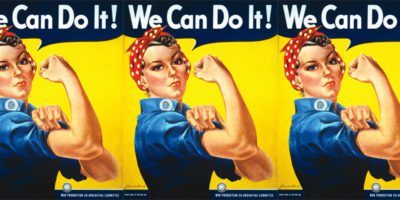
Credit where credit is due
Hello and welcome to issue 75, our Women of History issue. I hope you also had chance to have a look at our International Women’s Day issue. These two flowed into each other well. There’s a recurring theme across both issues – women who’ve got grit and determination are timeless as they are always the ones who have made things happen. This has always been the case in the past and this remains so in the present.
We need to get better at giving credit where it’s due to the amazing women of history. It was easier to hold women back in the past when history was remembered by what was written in public record and in books. The tendency of both some men (and sadly sometimes other women) was to give women who stood out for their achievements a hard time.
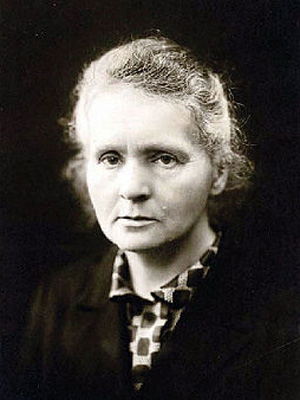
I’m thinking of Marie Curie here – the first person to get two Nobel Prizes, and the only woman to do this. For her first Nobel Prize, which was awarded jointly, her name was initially missed off the nomination by the prize committee, who chose to recognise her husband, Pierre, and another physicist, Henri Becquerel, but not Marie herself. Hats off to an early champion of women’s rights, Swedish mathematician, Gösta Mittag-Leffler, who realised this omission and took steps to correct it. Gösta – what a guy!
Step forward, digital suffragettes
The tendency to ignore or isolate women is being dismantled by the rise of social media and the Internet. I’ve long said that there’s no shortage of incredible women and technology helps them interact with each other and the rest of the world.
Once challenge here is the lack of female editors on Wikipedia – estimated at anywhere from 8.5% to 16%, which means that Wikipedia is frequently accused of being gender biased as male editors seem to have a tendency to favour the achievements of other men. On the plus side, however, you can use Wikipedia to research “gender bias on Wikipedia”, and the search results are rather helpful…
There’s now a new breed of digital suffragettes who are using the Internet and social media to create a new sense of digital democracy. Yes, the web and social media has its many downsides too, but there is an incredible opportunity to connect with like-minded women and supportive men. If you’re reading this then you are most likely a digital suffragette yourself.
Ways to make history
To help spur you on to keep disrupting I’ve come up with a brief list of suggestions for ways to make history yourself.
1. Dream big:
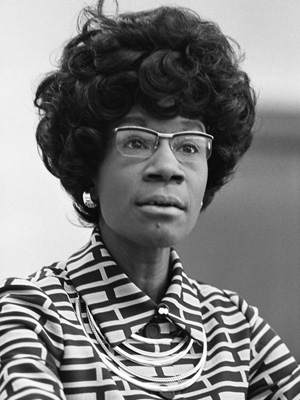
American politician, educator, and author, Shirley Chisholm (who also appears in the main image at the top of this article) became the first black woman elected to the United States Congress in 1968. In 1972, she became the first black candidate for a major party’s nomination for President of the United States, and the first woman to run for the Democratic Party’s presidential nomination.
Sadly, the US wasn’t ready for a female president at the time, but there’s a surge of women entering politics to stand up for what they believe in today in response to the most recent election result. Equal representation of women in politics shouldn’t be a dream though, so let’s make it a reality by other women who take the brave step of putting themselves forward as change happens one person at a time.
2. Refuse to take ‘no’ for an answer:
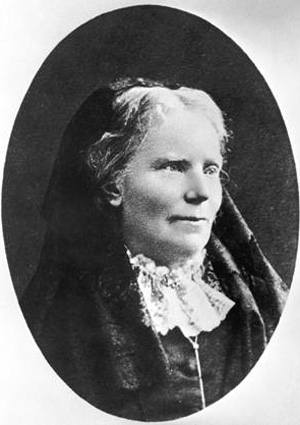
Elizabeth Blackwell wanted to go to medical school but was met with resistance because it was the 1840s and this wasn’t what women did. The only reason her application was accepted was because the all-male student body thought her application was a joke, and when asked to vote if she should be accepted, they unanimously said agreed, for fun. She had the last laugh though as when she graduated in 1849 the dean of her school bowed to her.
3. Change something for the better:
Sometimes creating change is related to being in the right place at the right time, or sadly sometimes fate steps in and we are in just the wrong place at the wrong time.
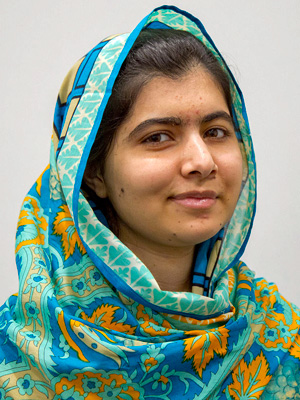
Malala Yousafzai changed the world forever, becoming the youngest ever Nobel Prize laureate in recognition of her struggle against the suppression of children and young people and for the right of all children (boys and girls) to education in Pakistan, which ultimately led to an assassination attempt by a Taliban gunman. She used this horrendous experience as she recovered from her physical injuries, and built a platform for further change.
It’s not necessarily all about global change though. We can all make positive change every day. I’ve talked before about the Aristotle quote:
“We are what we repeatedly do; excellence, therefore, is not an act, but a habit.”
We don’t necessarily have to make it into the history books or onto pages of Wikipedia to make history either – although Wikipedia is open sourced so in theory, you could put yourself on there and you’re away!
We can all make a little piece of history by changing people’s lives, though. One of my next-door neighbours passed away last year. She’d been retired the whole time I’d lived next to her but I knew she’d been a maths teacher before that. I found out from one of her friends how she used to visit children living in less fortunate areas who were struggling and she’d coach them. She had the kindest heart and the brightest smile, so we should never underestimate how much of an impact we can all make on others.
So, it’s within us all to make history. Dream big, refuse to take ‘no’ for an answer, and change something else for the better. We’re all making our own history every day so I hope the stories we share in this edition will help you make the next chapter of your own story a powerful one. It’s not who you are, it’s what you do and the impact that you make on others that counts.
Main Shirley Chisholm image credit: By Roger Higgins, World Telegram staff photographer [Public domain], via Wikimedia Commons
Marie Curie image credit: See page for author [Public domain or CC BY 4.0 (http://creativecommons.org/licenses/by/4.0)], via Wikimedia Commons
Second Shirley Chisholm image credit: By Thomas J. O’Halloran, U.S. News & World Reports. Light restoration by Adam Cuerden [Public domain], via Wikimedia Commons
Elizabeth Blackwell image credit: By Unknown photographer (National Library of Medicine) [Public domain], via Wikimedia Commons
Malala Yousafzai image credit: By DFID – UK Department for International Development (Malala Yousafzai: Education for girls) [CC BY 2.0 (http://creativecommons.org/licenses/by/2.0)], via Wikimedia Commons

